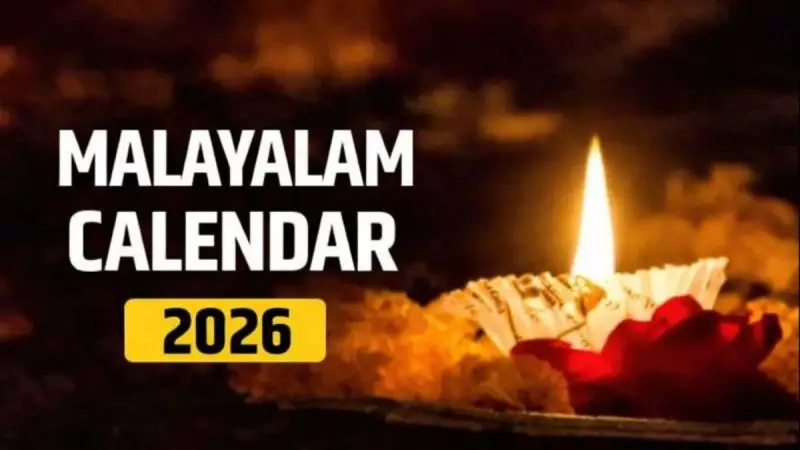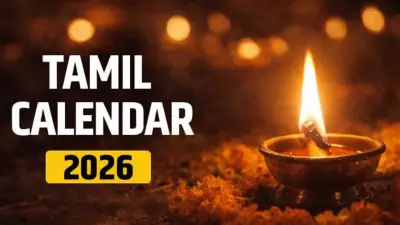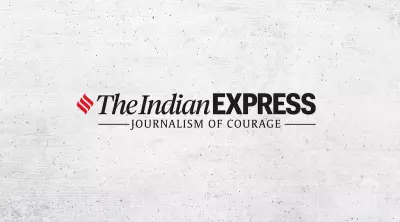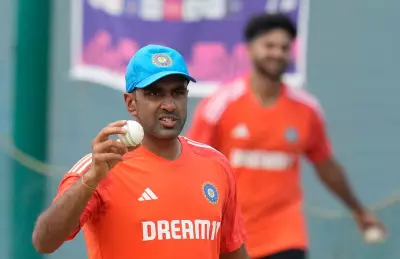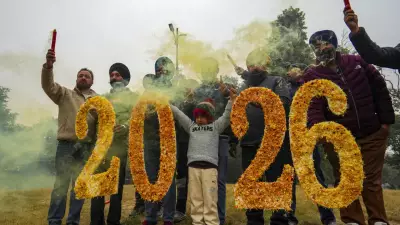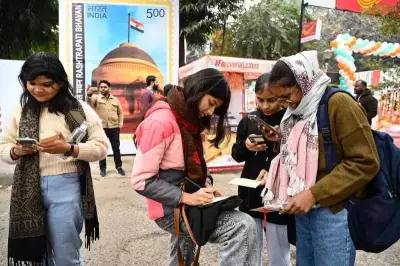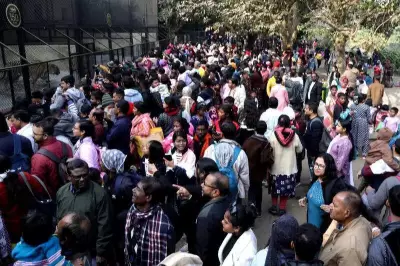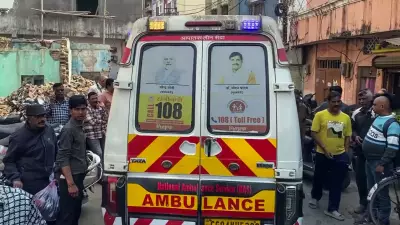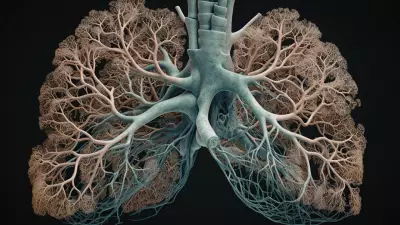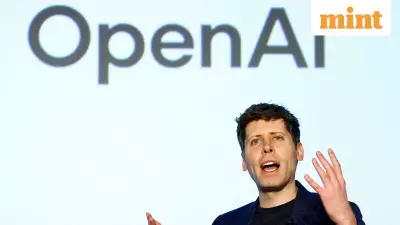Politics
India-China Thaw in 2025: A Fragile Reset Driven by Compulsion, Not Trust
Five years after Galwan, India and China resume talks & trade. But the 2025 thaw is a tactical detente, not trust. Exports rise 90%, yet deficit nears $106bn. Can this fragile calm last?
World
Zohran Mamdani Sworn In As NYC's 112th Mayor: Historic Win Faces Fiscal Test
Zohran Mamdani becomes NYC's first Muslim, South Asian, and youngest mayor. His ambitious agenda for free childcare and housing now faces the hard task of funding without hurting the city's dynamism.
Business
Sensex, Nifty Poised for Record Opening on Jan 1, 2026; Gift Nifty at 26,341
Indian stock markets are set to open at record highs on the first trading day of 2026, driven by positive global cues and strong domestic sentiment. Key factors include Gift Nifty trends, Asian market performance, and commodity price movements.
Entertainment
Amitabh Bachchan Reveals Dharmendra's 'Pehelwan' Grip Made His Sholay Death Scene Agony Real
Amitabh Bachchan shared a heartfelt memory of Dharmendra on KBC, revealing how the late actor's strength made his iconic Sholay death scene painfully authentic. Read the full story.
Sports
Lifestyle
Health
Indore Water Contamination: Officials Face Action, Deaths Rise
Severe water contamination in Indore leads to multiple deaths. Two officials suspended, one dismissed. Authorities scramble to contain the crisis. Read for latest updates.
Best Parenting Advice: Welcome Feelings, Guide Behaviours
Developmental psychologist Dr. Aliza Pressman shares transformative parenting advice: validate all feelings but set clear behaviour limits. Learn how this principle builds emotionally healthy children.
Delhi man beats asthma with yoga and traditional therapy
Kamal Kumar Singhal, 44, from Delhi, overcame chronic asthma through a dedicated yoga regimen and a personalized wellness program at Patanjali. Discover his transformative journey to health.
Manipal Sarjapur Opens Dedicated Deep Brain Stimulation Clinic
Manipal Hospital Sarjapur Road launches a dedicated Deep Brain Stimulation (DBS) clinic for advanced treatment of Parkinson's, OCD & depression. Expert care now in Bangalore.
Why Amla is Your Essential Winter Superfood
Discover why Amla (Indian gooseberry) is a winter essential. Packed with Vitamin C, it boosts immunity, fights colds, aids digestion, and keeps skin glowing. Learn how to include it in your daily diet!
Technology
Get Updates
Subscribe to our newsletter to receive the latest updates in your inbox!
We hate spammers and never send spam




